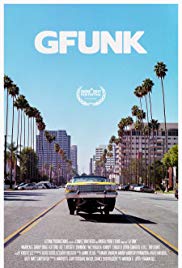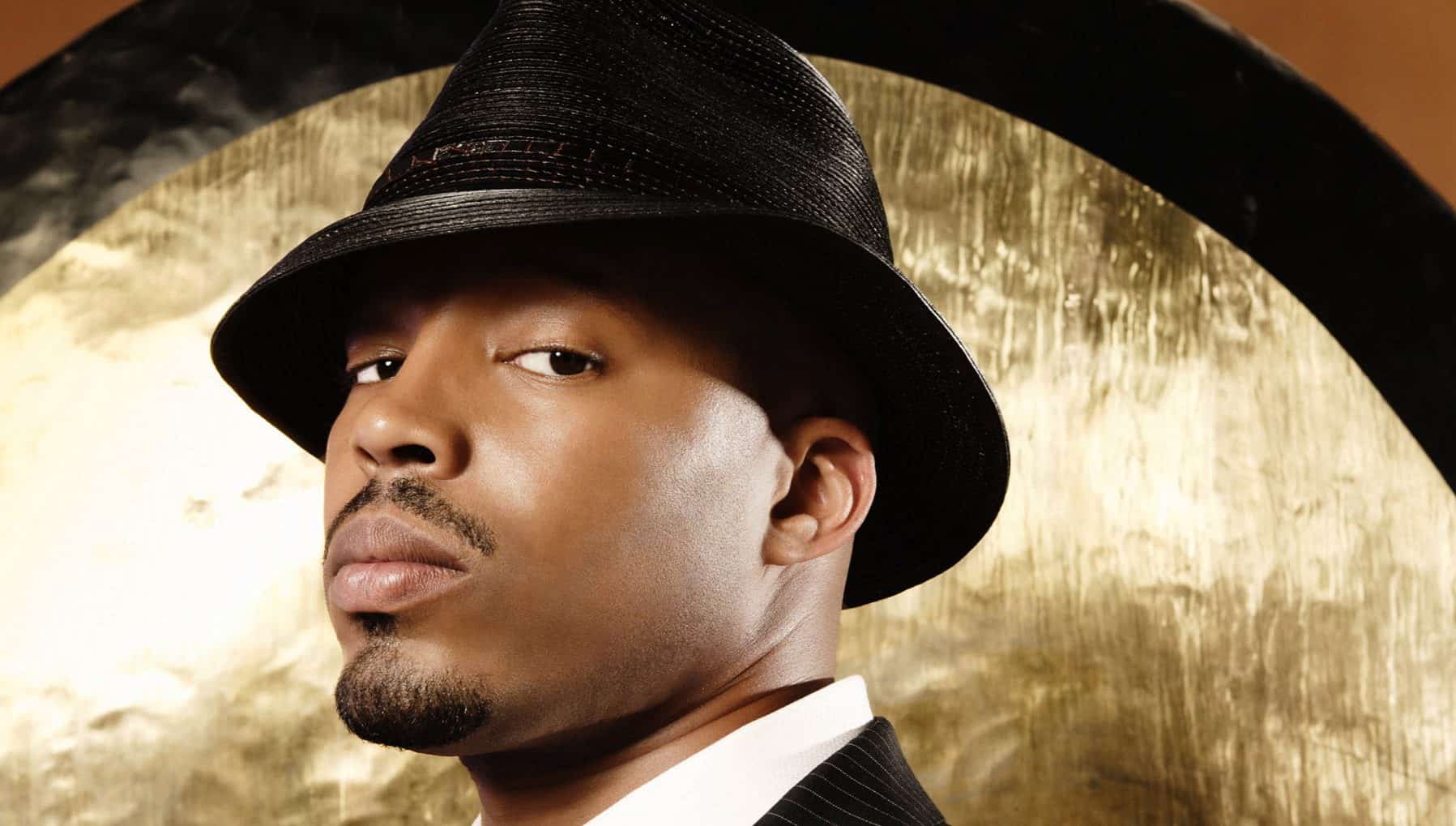Esteemed music producer and artist Warren G shares the rich history of what makes West Coast Hip Hop not just incredibly distinct, but crucial to modern conversations regarding both the music industry and social justice issues in the new documentary titled ‘G Funk.’
We had the opportunity to sit down with Warren G to chat about his involvement in the film, and what audiences can take away from his tumultuous, yet inspiring story.
The Knockturnal: Could you tell me a little bit about the documentary and what inspired you to want to share your story?
Warren G: I mean the documentary is just giving you a history on a lot of the West Coast Hip-Hop in the 90’s. And it’s also showing what I contributed with the West Coast Hip-Hop, and all of the people I was involved with as far as Snoop and Nate, and Dre, Corrupt, RBX –you know, everybody that was involved in that era. And what I want people to get out of it is to be able to see what it takes to be an artist -a superstar in the music industry and learn. You know, it’s a lot of obstacles that you got to learn to keep going past and keep doing what you want to do in the music industry and to be successful.
The Knockturnal: What does ‘G Funk’ mean to you?
Warren G: It means a lot. It’s going to open up a new view of how people see Hip Hop artists. We get the label of just being thugs, and stuff like that, when we’re not. We’re businessmen just like everybody else, and this is our job. It’s going to open up people before me that never new anything about Snoop or any of us. Before me, that’s people that are my age. It’s going to show the new generation that this is how things was in Hip Hop, and these are the things we had to go through on the West Coast in order to be called legends today. It’s good for the culture –the Hip Hop culture, and West Coast Hip Hop, who don’t really know about it or just think it’s about Snoop and Dre. There’s a lot more to it than just Snoop and Dre. You got Snoop, Dre, Ice Cube, Nate Dogg, Warren G, Dog Pound, RBX. A lot of people. You got Ice T. I can name so many artists, and we all put it down, man. Snoop and Dre are just so successful now as a team. It worked out and opened doors for everybody. We all won.
The Knockturnal: When 213 split up and Snoop and Nate Dogg signed with Death Row, what was your reaction? What kept you going and saying I don’t want to give up on my dream?
Warren G: I mean, I knew I was dope musically. And I had helped with all their projects that was going on there, so I wanted to move on with what I knew how to do, which was production. So rap, it wasn’t happening over there at the time, so I just had to get into my own zone and be on my music like I knew I could. That’s what I did.
The Knockturnal: A lot of people would turn resentful, but you were in the recording studio supporting and cheering Snoop and Nate on, how did you keep your head clear and focused on the big picture for both your respective career and there’s after the contract situation?
Warren G: We was going to let nothing divide and conquer our relationship, so we just said to ourselves, ‘I’m over here, doing what I’m doing, and you wanted me to be here’ and I was like ‘that’s cool.’ And so I went and did my thing here and he was over there and Nate was over there too, so it was just we’re not going to let this end our friendship. We’re going to stay solid with each other. Whenever we get the chance to work again with the company’s B.S., and we did that. That’s when we did the Regulate album. We weren’t going to let nothing divide us. There’s a lot trying to divide us; we didn’t let that happen. We still hung out with each other even though we was on two different labels that supposedly had B.S… We’re not going to let the companies divide and conquer our relationships. I tried to get Snoop cleared on one of my albums and it didn’t happen, so I just had to keep on moving. It wasn’t nothing against Snoop, but it was an executive decision made by his company, so I just took it with a grain of salt and kept pushing, and did what I had to do still.
The Knockturnal: What role do you think politics and social justice topics have in music? Do you see it as making art out of something painful or using music as a tool for conversation and progressiveness?

The Knockturnal: Evidently, the hip/hop music scene has changed immensely over the years, what would you say the biggest change is and what are you hoping continues to grow?
Warren G: Well, I think some of the biggest changes is everybody can do a phone and put it out. The bad part about that is that some of these people can’t even rap. And you have somebody that can rap, that don’t even get a shot. You know, a person that can’t rap do something stupid and it blows up all over the world. And another change is the Internet and being able to make records the next day by just pushing a button. That’s incredible. I love it. I love that about the new music business. But as far as, you know, anybody can rap and just do anything they want. Do stupid stuff and you know, there’s got to be some type of wall put up to separate the real talent from the bullsh**. And that goes back to a lot of artists going double platinum and platinum again. We need a platform to kind of control the piracy, where the only way you can get it is you got to pay for it. But streaming has also created a new lane for artists to survive off of what they do also and create business and stuff like that. I ain’t mad at the new industry. I think they just need to crack down on the B.S. I guess. […] We got to touch on social issues and teach them what’s going on and things like that to teach the new generation after them, because if they don’t, by the way this new Hip Hop Generation is looking, it’s just going to be like […] really dysfunctional. It’s my job, and the guy’s before me, to try and instill the Hip Hop morals into a lot of artists. Like Kendrick Lamar, he gets it. Drake gets it […]. J. Cole gets it. You have a lot of the young artists that get it, but you got some that’s just saying some sh** that don’t even make sense. […] There’s just got to be a lot of things ironed out with the next generation.
The Knockturnal: What advice do you have for young, aspiring artists?
Keep working hard. Don’t stop on your dream, just keep working hard. There will be obstacles, but you got to learn how to get around them. And keep working hard and just be dedicated. Get a good lawyer and a good team behind them to make sure that everything that you do is on point. Also, stay humble, stay awake, and just carry yourself the right way, so nobody can say that this person is a f**ed up person in the industry, because you don’t want your name circulating in the industry as a bad guy. Ain’t nobody want to work with you.
‘G Funk’ is available on YouTube Premium beginning July 11th. Check out the trailer for the documentary below!

